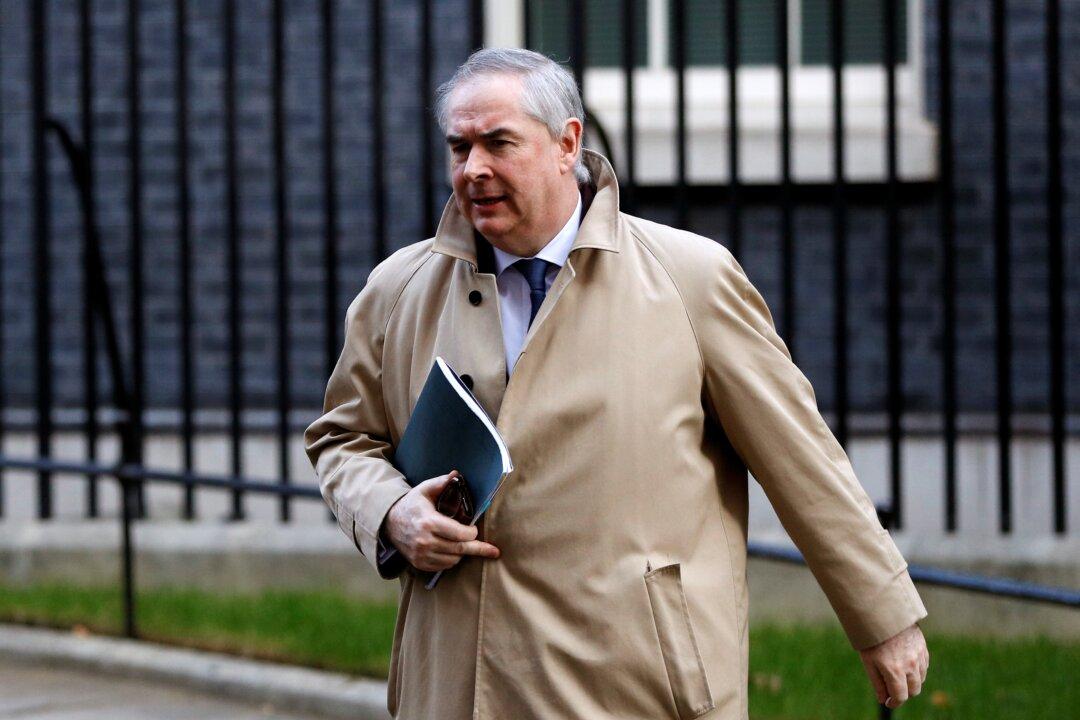BRUSSELS—The European Union told Britain to rework its Irish backstop proposal by March 8 but feared it would struggle to secure a deal that satisfied pro-Brexit lawmakers before a key vote in the UK parliament on March 13.
Just 22 days before Britain is due to leave the EU the two sides are locked in a game of brinkmanship and attempts to reach a mutually acceptable deal could go down to the wire.





